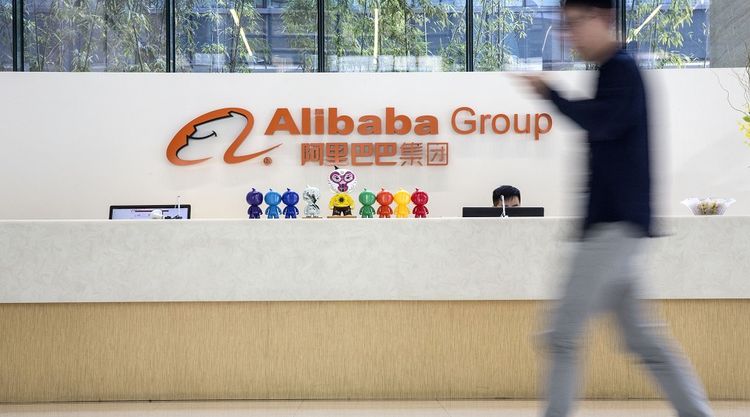Alibaba Group Holding Ltd said on Monday it will pay $250 million to settle a U.S. lawsuit faulting the Chinese e-commerce company for concealing a regulatory warning about its ability to stop counterfeiting before it went public in 2014.
The lawsuit accused Alibaba of securities fraud for failing to disclose it had met with China’s State Administration for Industry and Commerce on July 16, 2014, two months before the company’s $25 billion initial public offering.
Alibaba‘s American Depositary Shares slid 12.8 percent on Jan. 28-29, 2015, after the SAIC issued a white paper based on concerns raised at the meeting, saying many products sold on Alibaba websites were fake or infringed trademarks.
The white paper also said the SAIC delayed releasing its findings so the IPO would not be affected.
Monday’s proposed class-action settlement covers investors in Alibaba ADS and ADS options in the 4-1/2 months preceding the release of the white paper, which was later withdrawn.
The accord, which requires court approval, also resolves claims against Alibaba officials including billionaire founder and Executive Chairman Jack Ma.
Alibaba denied wrongdoing. It said the settlement ends all pending securities litigation against the company, its executive officers and its directors.
In court papers, the plaintiffs’ lawyers called the accord “inherently fair, reasonable, and adequate,” citing potential hurdles in showing that Alibaba made false statements and intended to commit fraud.
The lawyers may seek up to 25 percent of the settlement fund for legal fees, the papers show. They did not immediately respond to requests for additional comment.
The Chinese company has long faced accusations that its online platforms are a haven for counterfeiters, including in lawsuits by luxury brands such as Gucci and Yves Saint Laurent.
Alibaba, Amazon.com Inc, eBay Inc and other such companies have policies banning counterfeiting, and highlighted their investments to thwart the practice.
On April 3, U.S. President Donald Trump ordered a crackdown on online counterfeiting, saying global transactions in fake and pirated goods could reach $500 billion annually.
The case is In re Alibaba Group Holding Limited Securities Litigation, U.S. District Court, Southern District of New York, No. 15-md-02631.
Reuters



